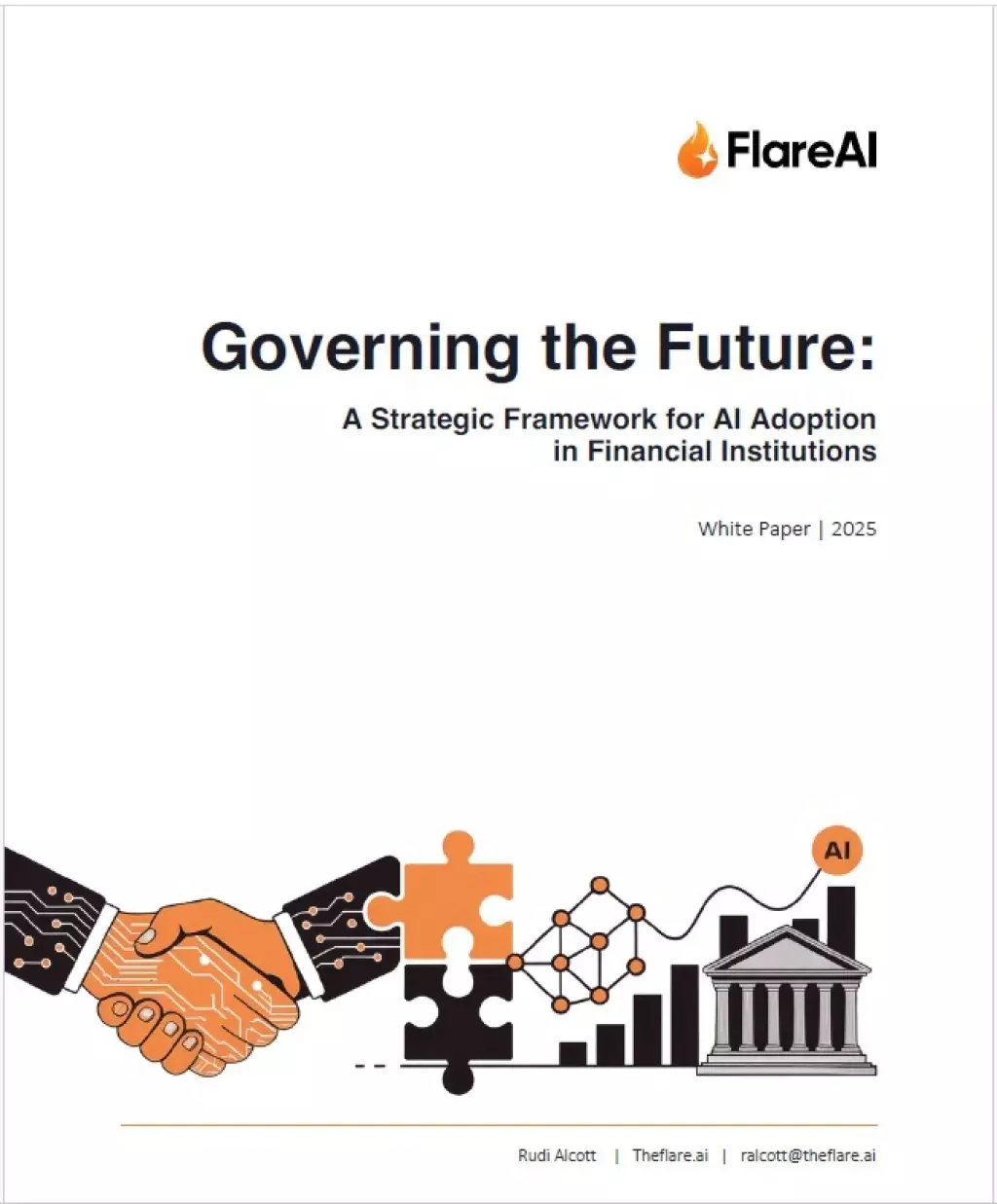Open Compute Project Expands Open Chiplet Ecosystem with Arm and Eliyan Contributions
The Open Compute Project Foundation has announced major additions to its Open Chiplet Economy, including new contributions from Arm and Eliyan, announced in a press release. These updates introduce the Foundation Chiplet System Architecture (FCSA) and BoW 2.0 enhancements aimed at improving interoperability and performance for AI and high-performance computing (HPC) workloads.
The Arm-led Foundation Chiplet System Architecture provides a vendor-neutral baseline for partitioning monolithic systems into interoperable chiplets, supporting processors, memory, I/O, and accelerators across architectures. The specification is designed to help system-in-package designers reuse chiplets, streamline validation tools, and reduce reliance on proprietary standards.
Eliyan contributed updates to the OCP Chiplet Interconnect Specification (BoW 2.0), targeting high-bandwidth memory use cases. The enhancements add support for dynamic bidirectional data, error correction, and clock alignment options suitable for advanced memory applications such as HBM4, which demands bandwidths of up to 2TB/s.
These contributions expand the Open Chiplet Economy initiative launched in 2024, which includes a chiplet marketplace cataloging components, design tools, and services. The new specifications are intended to foster open, interoperable silicon design for scalable AI and HPC systems.
We hope you enjoyed this article.
Consider subscribing to one of our newsletters like Silicon Brief or Daily AI Brief.
Also, consider following us on social media:
More from: Data Centers
Subscribe to Silicon Brief
Weekly coverage of AI hardware developments including chips, GPUs, cloud platforms, and data center technology.
Whitepaper
Governing the Future: A Strategic Framework for AI Adoption in Financial Institutions
This whitepaper explores the transformative impact of artificial intelligence on the financial industry, focusing on the governance challenges and regulatory demands faced by banks. It provides a strategic framework for AI adoption, emphasizing the importance of a unified AI approach to streamline compliance and reduce operational costs. The document offers actionable insights and expert recommendations for banks with fewer than 2,000 employees to become leaders in compliant, customer-centric AI.
Read more
